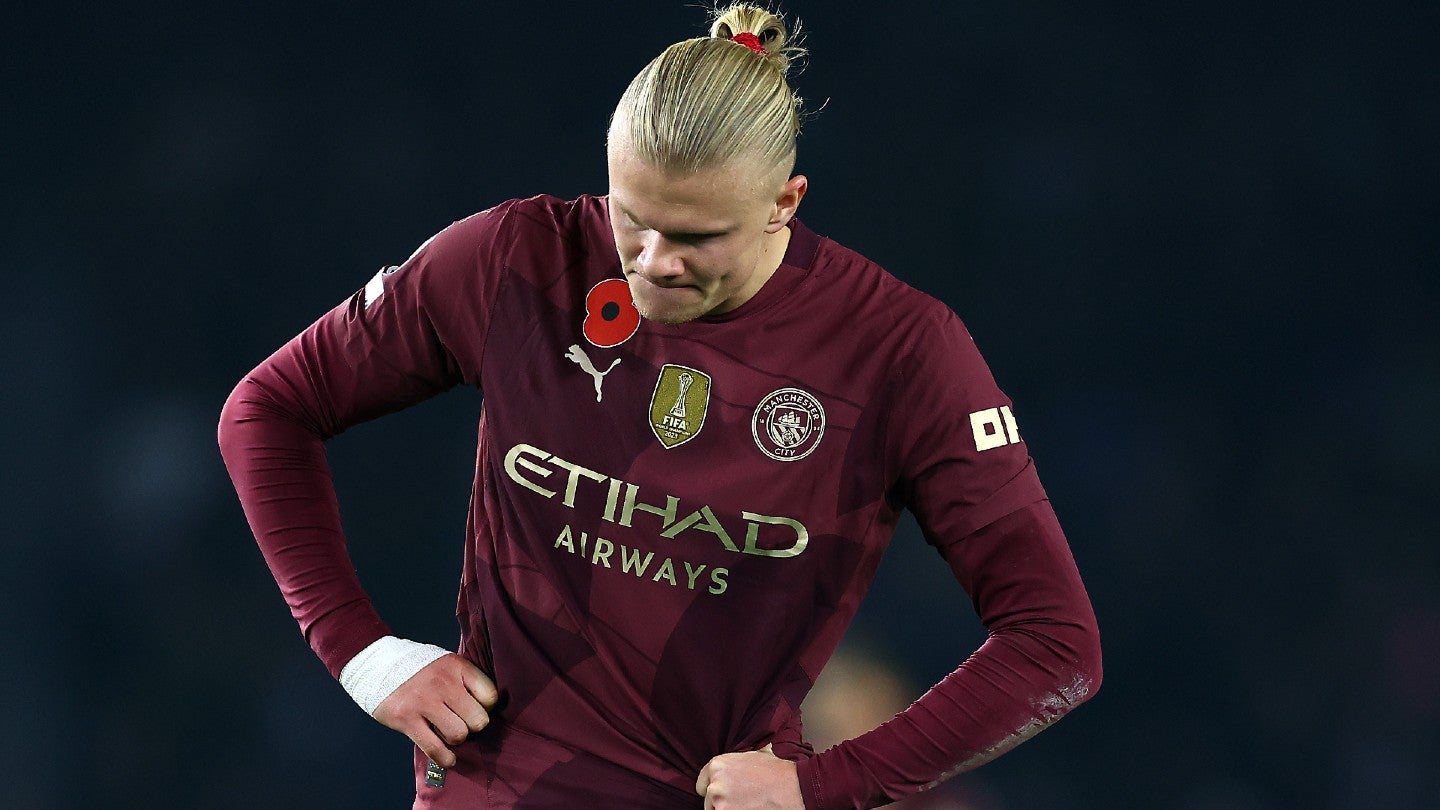
The 20 clubs from English soccer’s Premier League have voted (16 to four) to approve new legislation that clamps down on ‘Associated Party Transactions’ (APTs) conducted by clubs.
APTs, financial and commercial moves made by clubs that involve a party already associated with the club’s ownership, are regulated by the league in order to prevent the over-inflation of deal values for financial purposes and (supposedly) to maintain a competitive balance in the league.
The changes in the rules specifically referred to clubs receiving loans from shareholders, which must now be submitted as APTs for scrutiny at a fair market value (FMV) assessment conducted by the Premier League board.
If a loan is not assessed to be at FMV it will either be required to be altered to suit FMV, or terminated entirely.
The change in the rules passed by a vote of 16 to four, with the four dissenters being Manchester City, Aston Villa, Newcastle, and Nottingham Forest.
Earlier in the year, Manchester City lawyers took the APT rules to a tribunal which argued that they were unlawful – and that club shareholder loans should be included – and prior to the latest vote they, and Aston Villa, had written to other clubs asking for support.
It has been City’s position that the rules were unlawful since a previous vote to amend the APT rules on transfers and sponsorships passed in February by 12 votes to six.
Following the announcement, GlobalData Sport head analyst Conrad Wiacek explained: “The decision by Premier League clubs to ban associated party transactions (APT) will be felt by several clubs across the football league. Premier League teams generate over $1.6 billion from sponsorships, but this move has the potential to make the type of deals which have helped Manchester City rise to the top of the league far more difficult to enact.”
Manchester City’s primary sponsor is Etihad, the airline flag carrier of the UAE. The club is majority-owned by Abu Dhabi United Group, a private equity group from the emirate, headed by UAE vice president and royal family member Sheikh Mansour bin Zayed.
Wiacek continued: “With Etihad providing $75 million annually to Manchester City, the new owners at teams such as Newcastle and Aston Villa were hoping to leverage their businesses and assets to help pump revenue into their clubs to fund their own ambitions.
“Many have argued that when it was signed, Man City’s deal with Etihad was over-inflated and above market value, but this couldn’t be prevented at the time.
“Now, the Premier League is able to scrutinize every type of sponsorship deal being signed by member clubs. With the ban on front of shirt gambling sponsorships due to come into force next season, clubs are already having to think about how to generate sponsorship revenue in new ways, and this new development may actually have the effect of scaring off new owners who saw APTs a means of pumping money into clubs in order to be able to purchase new players and develop their squads much more quickly."
Man City have also – in an entirely separate issue – been charged (115 charges in total) by the Premier League for a range of alleged financial offences, with a hearing in London taking place currently.



